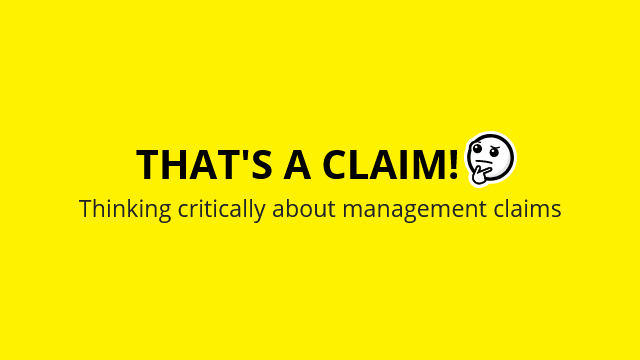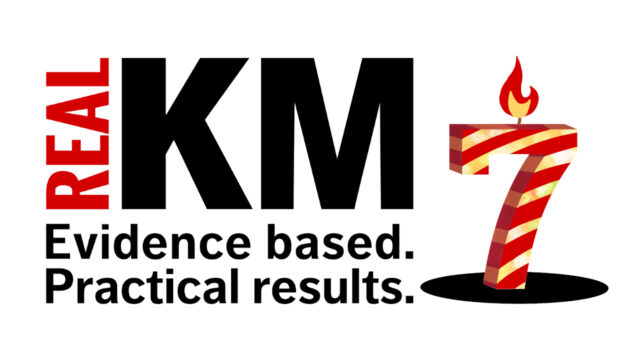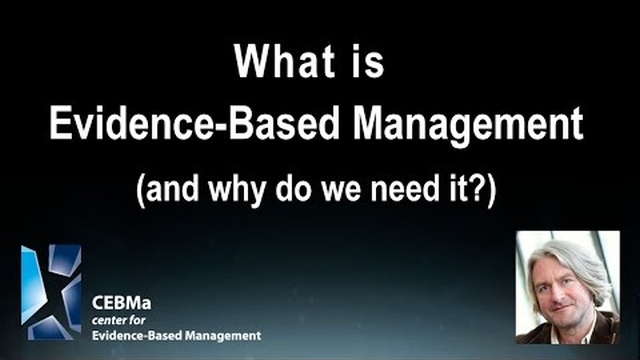
That’s a claim! Thinking critically about management claims
This article is part of an ongoing series of articles on evidence-based knowledge management.
As we’ve previously discussed in RealKM Magazine, the knowledge management (KM) discipline has a mixed track record in regard to evidence-based decision-making. Unfortunately, at least some KM decisions are based on what is claimed to work, rather than on what an effective assessment of the evidence shows to actually work.
As the That’s a claim! Thinking critically about management claims website advises, this is a problem of management generally:
Allowing pets in the office improves staff wellbeing and productivity. A cultural diverse workforce improves the financial performance of organizations. If you want to make employees more productive you should empower them, reduce the number of managers, and introduce self-steering teams. And, of course, performance appraisals are bad for performance and kill innovation. There are many claims, assumptions and ‘truths’ in management. Most of these claims turn out to be wrong or at least overstated. So how can you know whether a claim is trustworthy?
To assist managers to make better evidence-based decisions rather than just acting on the basis of what someone claims will work, the That’s a claim! Thinking critically about management claims website provides three groups of easy-to-use guides:
- The first (pink) group of guides are things you should watch out for when you hear or read a management claim.
- The second (yellow) group of guides can help you determine what the evidence for that claim is.
- The third (blue) group of guides can help you to assess the trustworthiness of the evidence.
The guides have been developed by the Centre for Informed Health Choices at the Norwegian Institute of Public Health, the Center for Evidence Based Management (CEBMa), InfoDesignLab, and the Epistemonikos Foundation.
In addition to the management claims guides, That’s a claim! guides are also available for a range of other professional fields.
Also published on Medium.






